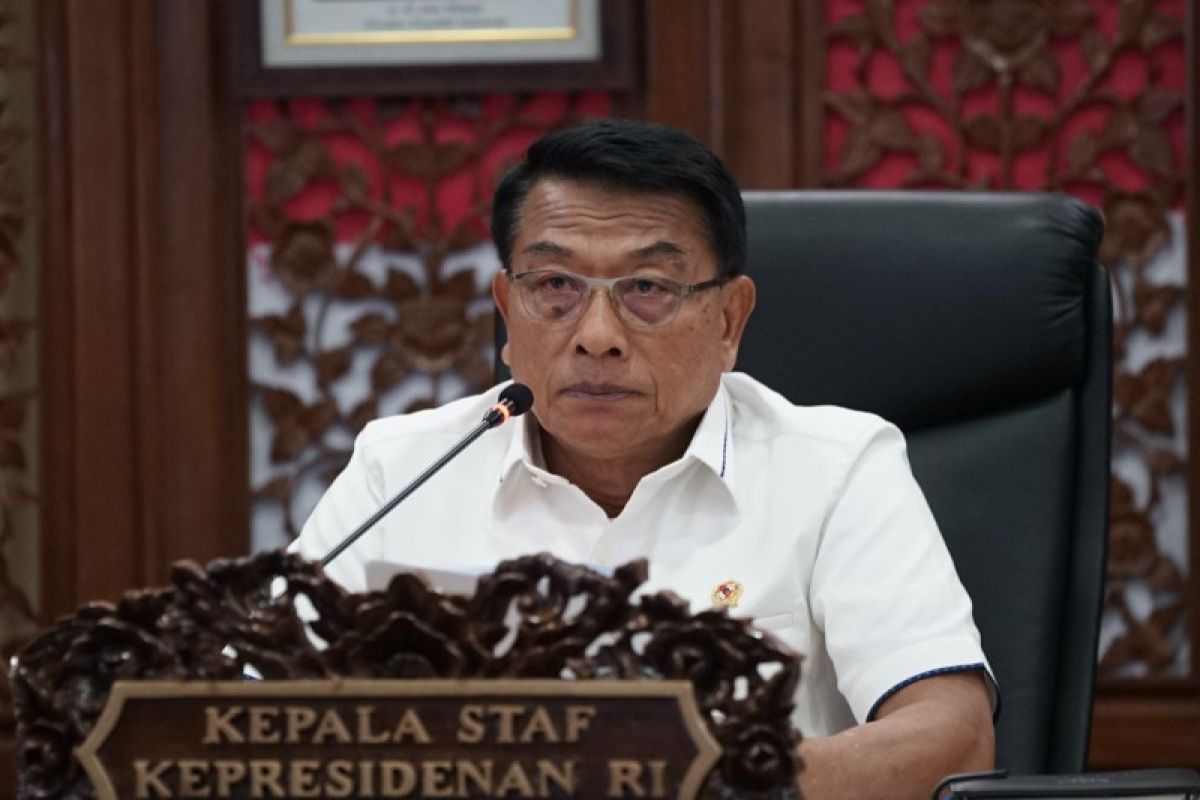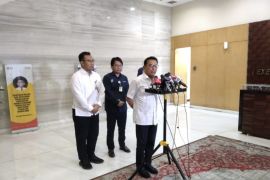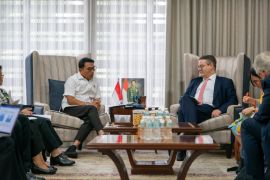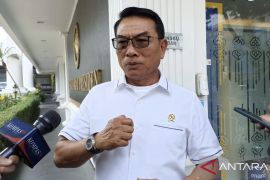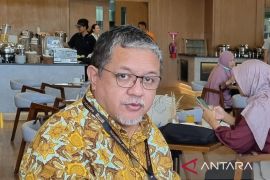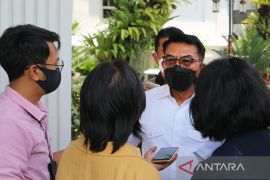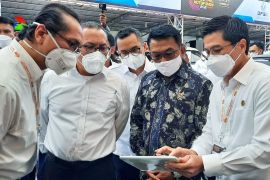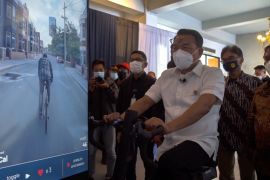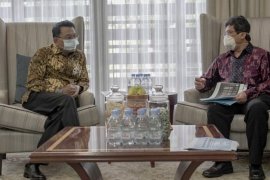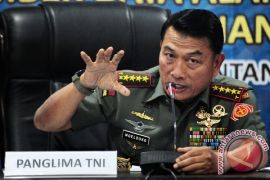During a webinar on the “National Strategy for Corruption Prevention,” which was followed online from here on Thursday, he emphasized the importance of governance reform at ports as Indonesia's metaphorical storefronts and main entry points for international trade.
“If it is not effective and efficient, even corrupt, the port can cause a high-cost economy. In the end, people are harmed because they get more expensive goods,” he explained.
He said that port mafia is a misnomer for describing the group responsible for the ineffectiveness of a port area, saying logistics mafia is a more suitable term as it affects everyone, from upstream to downstream.
"It's not right when people say there is a port mafia that causes it to be ineffective and corrupt. The right (term) is the logistics mafia because (it affects) everyone from upstream to downstream. We have to stop this through the National Strategy for Corruption Prevention," he stated.
Related news: Government set to stamp out `Mafia` from Tanjung Priok port
According to a 2018 report from the World Bank, Indonesia's logistics costs are very high, capped at around 23 percent of the gross domestic product. The high logistics costs are owing to several factors, including lack of integration as well as overlap in bureaucracy and services at seaports, which offer plenty of room for bribery, extortion, and corruption.
Through the work of the National Strategy for Corruption Prevention team, several port reforms have been implemented, including digitizing port governance through the use of the Phinisi application, whose data is interoperable with the Inaportnet system.
In addition, improvements to the trucking, single billing, and loading and unloading systems to speed up port stays and cargo stays have also been carried out.
“I think the actions to improve governance in 14 ports have gone well. I received reports that port stays at several ports such as Belawan, Makassar, Ambon, and Tanjung Priok decreased from 3 days to 1 day, in addition to the loading and unloading process, which was originally only 8–10 TEUs/crane per hour, to 35–40 TEUs/cranes per hour,” Moeldoko noted.
He said the achievement is in line with the President's directive, stipulated in Presidential Instruction 5 of 2020 about logistics ecosystem arrangement. He advised that the simplification of procedures for port reform continue to be implemented by utilizing an integrated and reliable technology system.
Moreover, monitoring and handling of extortion complaints at ports must be improved so that the chances of corruption can be reduced to a minimum.
Based on Presidential Regulation Number 54 of 2018, the National Strategy for Corruption Prevention is an instrument for ministries, agencies, and regional governments to take action to prevent corruption in Indonesia.
Members of the National Strategy for Corruption Prevention team have been drawn from the Corruption Commission, Presidential Staff Office, National Development Planning Ministry, Administrative and Bureaucratic Reform Ministry, and Home Affairs Ministry.
Related news: Ministry seeks to bolster connectivity by building more ports
Related news: Ministry pledges to implement on-shore electricity facilities at ports
Translator: Rangga Pandu A J, Mecca Yumna
Editor: Suharto
Copyright © ANTARA 2022
